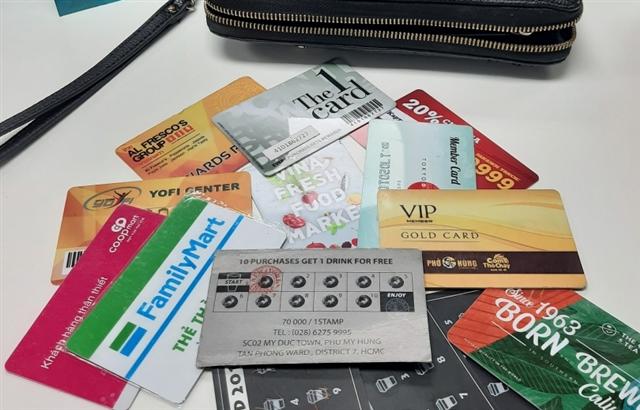Quick, easy and in places the banks can’t get to
Quick, easy and in places the banks can’t get to
Growth in money transfer services – used to send money home to the provinces – is being driven by internal migration and mobile phone penetration

Chhen Sarath works at a bank, but when the time comes to send money home to his parents in Kampot province, he heads to a money transfer booth in Phnom Penh’s Olympic Market. On this particular day he pulls $50 out of his wallet and hands it to the booth’s Wing agent.
The domestic remittance service is quick and cheap, providing an alternative to both banks and informal agents, according to Sarath.
“It’s fast and the fee is not high,” he said, adding that the service is convenient because the company’s network of 4,000 agents means his parents do not need to travel a long way to pick up the money.
Internal migration and mobile phone penetration are driving the growth of domestic money transfer services. Cambodians who travel to the cities in search of job opportunities are seeking to support their relatives in the poorer provinces, and with mobile phones far more prevalent than national identification cards, mobile banking makes a lot of sense.
As licensed money transfer services extend their rural networks, people are abandoning the traditional informal means of sending money home, usually by entrusting the money to someone travelling by car or bus to the same village.
Wing, a mobile payments system launched in 2008, was initially developed as an account-to-account money transfer service, but has since extended its services to non-account holders.
Its success has paved the way for similar money transfer services, such as AMK, Asia Wei Luy and E-Money. Thai electronic payments provider TrueMoney is also expected to enter the market soon.The companies are extending financial services to their account-holders. But they are also making money transfers safe and convenient for the 95 per cent of adult Cambodians who do not have a bank account.
Customers need only provide the mobile phone number of the sender and recipient, and hand over the cash and service fee – which ranges from $0.75 to $2.50 per transaction.
The recipient can collect the cash from any of the company’s agents by providing the mobile number and confirmation code. No identification or physical address is required.
According to independent economist Srey Chanthy, money transfer companies are blazing trails into remote communities underserved by brick-and-mortar banks, and overcoming the barrier of illiteracy.
“In rural areas, most people do not understand about banking services or microfinance,” he said. “Moreover, the older parents of [migrant] workers often do not know how to read or write, and do not pay attention to keeping bank accounts and other financial documents.”
Chea Roattana, head of Branchless Banking and Channel Management at AMK Microfinance Institution, which operates AMK, said the company established its mobile banking unit in 2010 to provide money transfer and other financial services to rural, limited income families. To date, it has built a network of 2,500 agents across the country.
“Not all the poor live in the countryside – some come to work for factories in Phnom Penh or migrate to work in the other provinces,” said Roattana. “Mobile banking is geared for people who want to send small amounts of money from one place to another.”
As the array of money transfer providers grows, competition has resulted in better customer service and cheaper fees. But Roattana expressed concern about some new operators engaging in predatory pricing to attract customers – a practice he said was not sustainable.“A price war is not a good strategy as everyone loses,” he said, adding that AMK will compete purely on network scale and quality of service.
Wing agent Yoem Chanphary said that despite the entry of new money transfer companies into the market, customer traffic at her booth in the capital’s Tuol Tompong neighbourhood has shown no sign of decreasing.
She typically serves 80 to 100 customers a day, with most transactions involving amounts between $20 and $1,000, and some up to $2,000. Fees start at $1.50 for transactions under $500.
Instead, the arrival of licensed domestic money transfer services is chipping away at the informal market, according to Ly Vann, a businesswoman who has run an unregistered money transfer operation out of stall in Olympic Market for more than 10 years.
“My customer base has decreased slightly because [licensed money transfer companies] provide an easier service,” she said.
While Vann’s fees are cheaper – with customers paying a $1 fee to send less than $1,000 – she cannot match the scale or network of formal mobile banking services.
“The way we work is we have a partner in a place where the money is to be withdrawn,” she explained. “But we cannot find partners everywhere, so some areas are not served.”
















